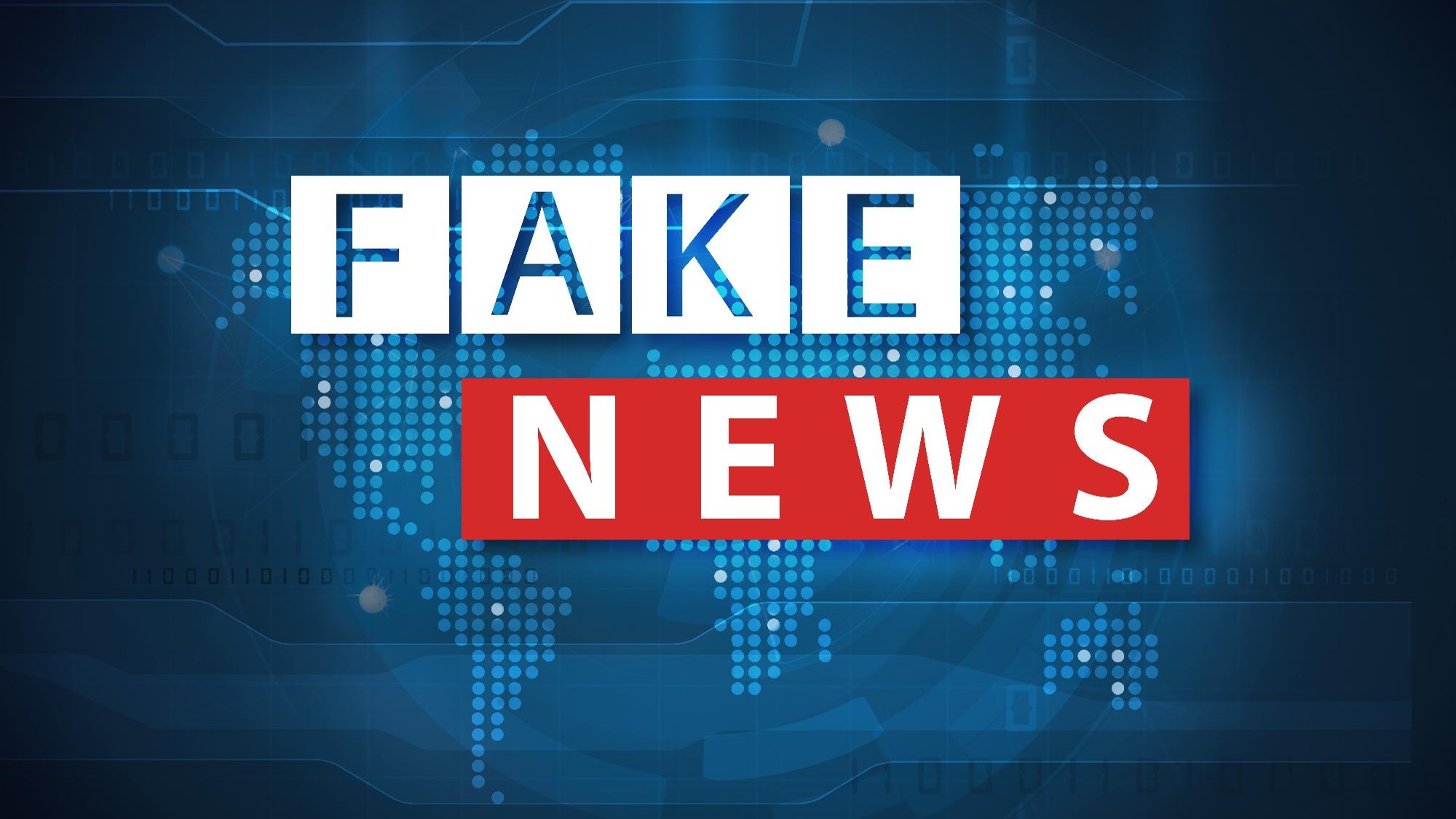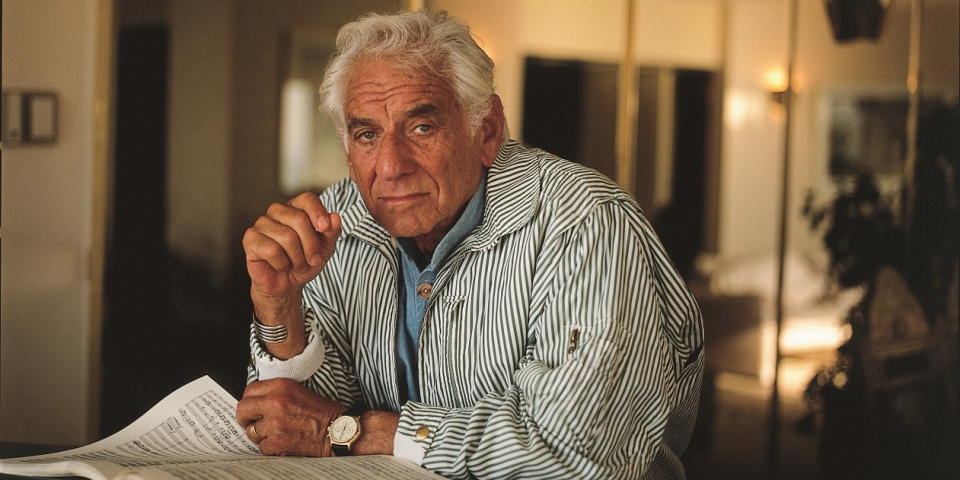When many founders hear the word trust, they think of something nice-to-have.
Soft.
Fluffy.
An HR concept.
Not something that belongs in a board discussion about growth, margin, or exit value.
But that view is dangerously out of date. In today’s climate, trust is one of the biggest multipliers of business performance. It is the hidden factor that either accelerates your growth, or quietly throttles it.
The truth is simple: if you are seriously trying to scale your firm, trust is not an optional extra. It is a strategic asset.
Build trust, and growth will follow.
Zoom out for a moment. Globally, trust is in short supply. You don’t have to search too hard to see that a crisis of trust is everywhere.
Firstly, trust in our public institutions and political systems has declined significantly in recent years:
So, politicians and institutions are under fire. But it’s not just politics. Media, business, and even science... in fact, it’s the very notion of truth itself that face scrutiny.
Fake news, conspiracy theories, and algorithm-fed social media “truths” have blurred the line between fact and fiction. On one screen, a story says climate change is a hoax. On another, it’s a global emergency. Scroll for five minutes, and you’ll find a dozen contradictory “truths,” each with thousands of likes.

The psychological impact on us as human beings is profound. And it is neuroscience that has opened up a way for us to understand just how deeply this can impact our people.
Our brains crave certainty.
Our brains crave coherence.
When we operate in a more predictable, safe environment, we can think clearly, we feel safe, we trust, we willingly open up, share ideas, make effective decisions. But when faced with constant contradiction, the brain’s amygdala, the threat-detection centre, goes into overdrive.
We become more anxious.
Sceptical.
Less willing to take things at face value.
Neuroscience shows that when the brain perceives risk or inconsistency, it dampens activity in the prefrontal cortex, the part we rely on for reasoning, problem-solving, and trust-based decision-making. The amydala threat receptors go on high alert...

In other words, the more chaotic the external world feels, the harder it becomes for us to relax, engage, and trust.
But what does that really have to do with the workplace? How does a world of fake news impact on how our people show up day-to-day?
Well, no matter how much we think that people can compartmentalise their lives, they don’t. Drop a small amount of ink into a glass of water and it spreads everywhere. It is impossible to just keen it tucked away in one corner or section of the glass. In the same way, mistrust and anxiety from the outside world seeps in to how people think and act at work.
People bring that with them when they come into the workplace. Employees, clients, partners; none of them show up with blind trust. If employees are primed by daily exposure to half-truths and misinformation, their baseline is suspicion: Can I really believe what I’m told here? If truth can be manipulated out there, is it being manipulated in here too?
That mindset has consequences. A seed of doubt can stop people “showing up” fully. Ideas are held back. People hesitate. Situations where people might feel exposed to failure or judgement are avoided.
The real cost of fake news and untrustworthy leaders: a lack of willingness to engage.
In practice, that means slower decisions, fewer innovations, and more guarded, self-protective behaviour. The very opposite of what a growing business needs.
If the outside world feels unstable, workplaces that offer clarity, honesty, and psychological safety stand out as havens. They become places where people dare to be open, to challenge, and to commit. In an age where our trust is constantly under siege, businesses that deliberately build it can truly thrive.
A growing business without trust is like an orchestra where the conductor tries to play every instrument. The violin, the trombone, the timpani, all in their own hands.
It’s chaotic.
The conductor runs from one section to the next, trying to pick up the melody, or harmonise with what is around them.
They are spread too thin. Everyone else is pissed off.
The music falters.
Instead of harmony, you get noise.
Great conductors know their role isn’t to dominate the sound, but to create the conditions for others to perform.
Leonard Bernstein, for example, was famous not just for his technical brilliance, but for the way he inspired trust in his musicians. He focused on listening, giving space, and drawing the best out of each section to enable extraordinary performances.
He committed fully to the performance with his passion and energy. And engendered huge trust in the process.

Claudio Abbado, another legendary conductor, led with a similar philosophy. He was known for rehearsing in a way that encouraged dialogue rather than issuing orders. Once, he removed the conductor’s podium entirely, choosing to rehearse at eye level with his players, fostering trust and a sense of “intense togetherness” that audiences could feel.

In his TED Talk that has been viewed over 17 million times, Benjamin Zander reflects on the fact that the conductor of the orchestra makes no sound: “he depends for his power on his ability to make other people powerful. My job was to awaken possibility in other people.” That is trust.
Your business is no different.
If you insist on holding every instrument, you drown out the potential of your team.
But if you, like Bernstein or Abbado, create trust, you unlock harmony. People bring their full talent. They listen to each other. They move as one.
The result is not just competence; it is performance that lifts the whole organisation.
So what does trust look like in practice? In organisations, the most tangible expression is psychological safety, the shared belief that it’s safe to take interpersonal risks: ask the naïve question, admit a mistake, challenge a decision, float a half-formed idea.
A few essentials:
• Clear norms, not slogans. Everyone understands “how we challenge here” and “how we learn from errors.” This turns trust from a feeling into a repeatable practice.
• Leaders model the standard. When you share context, own your missteps, and invite dissent, you signal that candour is not career-limiting; it’s how we get better.
• Guardrails and accountability. Safety isn’t “anything goes.” It sits alongside clear expectations, decision rights, and follow-through.
Why it matters: psychological safety is the bridge between trust and the behaviours that drive performance. With safety, people contribute ideas (innovation), step up (accountability), stay and give discretionary effort (retention), and navigate ambiguity faster (speed). Without it, fear fills the vacuum, and everything slows.
What follows are four growth levers that trust and psychological safety unlock.
Innovation rarely stalls because of a lack of ideas; it stalls because of fear.
Without trust, people second-guess themselves. They sit on half-formed suggestions. They nod along in meetings instead of challenging the founder. They learn to keep quiet because it feels safer.
With trust, the opposite happens. People contribute, question, and iterate. They dare to test, fail, and try again.
At Pixar, they designed a system to beat that fear: the Braintrust. Directors bring rough cuts to a room of peers who offer candid feedback. The guiding principle is simple: focus on the film, not the filmmaker. Because the conversation is built on trust and candour, people speak honestly, challenge assumptions, and surface better options. That’s how half-formed concepts became global classics like Toy Story and Finding Nemo. Without trust, those early versions would have limped along. With trust, they became billion-dollar stories.
Translate to your firm:
• Create a standing “work-in-progress” session every fortnight where teams share unfinished work.
• Set one rule: critique the work, not the person.
• End each session by choosing one idea to test within the next week.
Many founders complain that their team “won’t take ownership.” But accountability doesn’t flourish in a low-trust environment.
If people fear blame or backlash, they’ll play it safe, escalate decisions upwards, and avoid risk. True accountability only thrives when people feel trusted to act and supported if things go wrong.
Richard Branson took the opposite approach at Virgin. His mantra: “Train people well enough so they can leave, treat them well enough so they don’t want to.” He empowered people to take decisions, knowing that even if they got it wrong, they’d learn and grow. That trust unlocked accountability at scale and helped Virgin expand into new industries.
Translate to your firm:
• Pick one recurring decision you currently control and hand it to a team member with clear boundaries.
• Say out loud: “This is yours to own. I trust you.”
• Back their decision in public, even if it’s imperfect, and review outcomes together afterwards.
Every scaleup founder knows the pain of losing good people. Recruitment costs. Lost momentum. Disrupted client relationships.
The data here is blunt:
• According to the European Workforce Study, people in psychologically safe organisations are dramatically more likely to want to stay.
• Gallup’s global data shows that when employees feel their opinions matter, turnover drops by 27%, productivity rises by 12%, and safety incidents fall by 40%.
Retention is not just about perks or pay rises. It’s about trust. Do I feel safe here? Do I believe my contribution is valued? If the answer is yes, people stay and invest discretionary effort. If not, they leave.
In contrast, organisations that cultivate psychological safety see stronger loyalty and discretionary effort. When people feel seen, heard, and valued, they stick around and give more of themselves. That’s not fluffy HR; it’s a hard-edged retention strategy that protects client relationships and preserves knowledge.
Translate to your firm:
• In your next team meeting, ask: “What would make this business a better place to work?”
• Write down every idea and feed back within a week on what you will act on, and why.
• Recognise at least one person each week for speaking up or contributing candidly
Think about the pace of your business. How many decisions are slowed by approvals, escalations, or waiting for founder sign-off? That friction is the sound of low trust.
Teams with strong psychological safety surface risks earlier, speak plainly about constraints, and adjust course quickly, so the rework is smaller and the pace faster. In a scaleup, speed is survival, and trust is the accelerator.
Translate to your firm:
• Define the top three decisions you’re currently a bottleneck for.
• For each, set a clear “decision owner” and specify only the guardrails (budget, timeframe, client impact).
• Review weekly to check alignment, and avoid re-deciding for them.
Here’s the kicker: trust doesn’t build itself. It has to be designed and modelled: and that starts with you, the founder.
Trust isn’t built with a big announcement or a one-off gesture. It grows through small, consistent behaviours that send the same signal over and over: “You can rely on me.” Research suggests it takes around 66 days for a new habit to stick. That means the micro-habits below only deliver impact if you repeat them, week after week, until they become part of how you lead.
Here’s your five-step structure:
Principle: People trust leaders who share the reasoning behind decisions, not just the instructions.
Micro-habit: For the next 10 weeks, commit to explaining why you’ve made a decision in every team meeting. Keep it short (1–2 minutes), but do it consistently. Over time, people will stop second-guessing and start trusting your transparency.
Principle: Candour builds trust when it becomes an expected, safe routine.
Micro-habit: End every project update with a five-minute “What are we missing?” round. Run this for at least the next 12 meetings. Don’t skip it. The repetition signals: candour is normal here.
Principle: Your first response to mistakes teaches people whether to hide or surface problems.
Micro-habit: For the next two months, whenever a mistake arises, start with the same phrase: “What can we learn from this?” Practising this response repeatedly rewires how your team expects you to react, and they’ll trust you with issues sooner.
Principle: Trust is felt when people know exactly what decisions they can make without fear of being overruled.
Micro-habit: Choose one decision you normally sign off (like approving a small expense or client comms) and delegate it for the next quarter. Hold your line: don’t take it back. The consistency of your trust is what makes it real.
Principle: Trust compounds when people see their input is noticed and acted upon.
Micro-habit: Every Friday for the next 10 weeks, send a short team note highlighting one idea or risk someone raised and what happened next. Repetition proves you’re listening, and encourages more people to speak up.
Bottom line: A single “trust gesture” is quickly forgotten. But when your team sees the same behaviours repeated over weeks, they start to believe: this is how we do things here. That’s when trust shifts from a nice idea into the operating system of your business.
In a world where trust in institutions is collapsing, businesses that cultivate trust have an edge. It’s not about being “nice.” It’s about unleashing the very conditions that drive performance.
For founders of professional services firms, the message is clear:
• Want faster growth? Build trust.
• Want more innovation? Build trust.
• Want accountability and ownership? Build trust.
• Want to keep your best people? Build trust.
Trust isn’t soft. It’s your growth engine. And if you don’t deliberately build it, you’re throttling your own potential.
The businesses that scale are the ones that shift from being founder-dependent to being trust-driven.
So the next time someone tells you trust is fluffy, challenge them. Remind them that the data, from the OECD, Great Place to Work Europe to Gallup, all points in one direction.
Trust is not a side-issue. It is a strategic driver of growth.
At Work Extraordinary, we act as a fractional People & Culture team for founders who are ready to scale without burning out. Through helping you build the trust, psychological safety, and accountability within your organisation, you can unlock phenomenal innovation, speed, and sustainable growth within the team.
👉 If you’re curious about where trust might be slowing your business down, or how to turn it into your growth engine. then let’s talk.
Written by Barry McNeill | Founder and Managing Director of Work Extraordinary

Barry has over 25 years of experience supporting leaders and teams to be more effective in driving business outcomes, such as growth, customer service, and impact. He and his team have helped numerous founders, founding teams, and growing organisations develop new ways of working to achieve scaleup growth, enhanced culture, improved operational effectiveness, and customer impact. You can connect with Barry through his social channels at the top of this page.
Ask a question, book a programme, or arrange a free consultation.